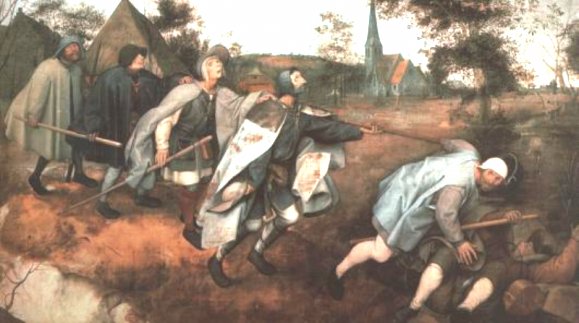Matthew 15:1-20
Lesson 30
Lesson 30
Read both the "King James Bible" and the "New Living Translation."
In this lesson:
Hypocrites!
What is inner purity?
Our words (15:8) and our actions (15:9) can not save us.
The blind leading the blind into a ditch (15:14).
Memorable quote:
"Honour thy father and mother." (15:4)
"Honour thy father and mother." (15:4)




